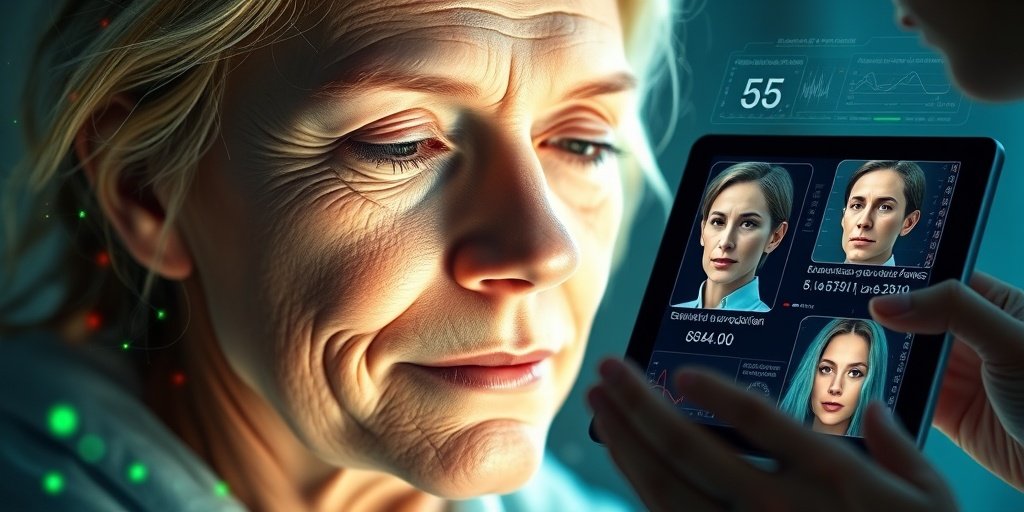Overview
Mass General Brigham researchers have developed an AI tool named FaceAge that utilizes facial photographs to estimate a person’s biological age and predict cancer survival outcomes. This innovative approach reveals that cancer patients generally exhibit a biological age that is approximately five years older than their chronological age.
Key Findings
- Patients with cancer had a higher FaceAge compared to those without cancer.
- Older FaceAge predictions correlated with poorer survival rates across various cancer types.
- FaceAge demonstrated superior accuracy over clinicians in predicting short-term life expectancies for patients undergoing palliative radiotherapy.
Research Insights
According to Hugo Aerts, PhD, co-senior author and director of the Artificial Intelligence in Medicine (AIM) program, the study indicates that facial images can provide valuable clinical insights. He stated, “A simple selfie can contain critical information that aids in clinical decision-making and care planning.”
Methodology
The FaceAge algorithm was trained using 58,851 photos of presumed healthy individuals sourced from public datasets. The tool was then tested on a cohort of 6,196 cancer patients from two medical centers, utilizing photographs taken at the beginning of their radiotherapy treatments.
Results
The study revealed that:
- Cancer patients appeared significantly older than their non-cancer counterparts.
- Older FaceAge estimates were linked to worse survival outcomes, particularly in patients over 85 years old.
Clinical Implications
Estimating survival time is challenging yet crucial in cancer treatment. In a study, clinicians were asked to predict life expectancy based on 100 patient photos. Their predictions were only marginally better than random guesses until they were provided with FaceAge data, which significantly improved their accuracy.
Future Research Directions
Further studies are necessary before implementing this technology in clinical practice. Future research will focus on:
- Expanding the study across various hospitals.
- Investigating patients at different cancer stages.
- Monitoring FaceAge estimates over time.
- Testing accuracy against data from cosmetic procedures.
Conclusion
Ray Mak, MD, co-senior author, emphasized the broader potential of this technology, stating, “This opens the door to a new realm of biomarker discovery from photographs, extending beyond cancer care.” The goal is to utilize this technology for early detection across various health applications, adhering to ethical and regulatory standards.
For more details, refer to the study published in The Lancet Digital Health.
